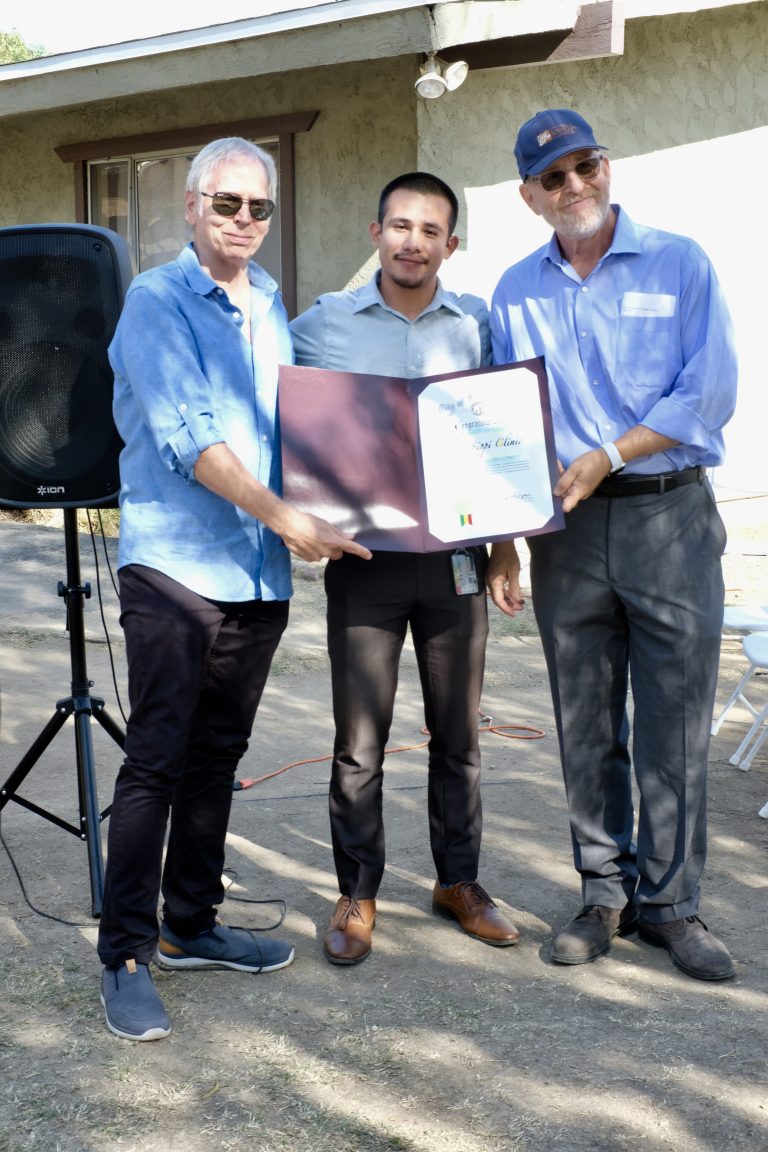Many individuals with illnesses such as schizophrenia have limited awareness and insight into their symptoms. Evidence suggests that poor insight is a part of the illness itself rather than a coping strategy. This lack of awareness is termed anosognosia and creates a profound barrier to recognizing that one has an illness
Our staffing and training models promote reflective listening as a fundamental skill and reaching to help reach clients who have otherwise felt alienated. To succeed our clinicians listen to our clients stating, perhaps what they want and most importantly what client believes. When successful this begins the process associated with treatment alliances, as our clients feel listened to and respected. This begins the process of mutually identifying barriers to connecting clients with treatment services.
The second tool involves assisting the client and provider and understanding how and when to express appropriate empathy. Past behaviors have often served the client create distance between them and their perceived experience. We believe that assisting a client in seriously considering our point of view, we must appreciate theirs despite some of their past behavioral consequences. This includes mutual exchanges, and acknowledges the “reasons” clients I’ve had for not participating or excepting treatment services. Supporting the client emphasizes the importance of understanding that clients may have been expressing important needs, perhaps in a manner that created consequences. This may seem like a minor point, but it is an important opportunity to help clients to transition from saying “the right thing the wrong way” to expressing their needs in a manner which results in positive assistance.

Finding common ground is the foundation of the ASC services model! Knowing what a client may require, in order to improve may not be what they want for themselves. Our programs work towards forming a partnership in those areas with which we can agree (e.g., staying out of the hospital, getting a job, going back to school, getting an apartment, etc.). Together, we work towards making explicit decisions to work together, to become teammates striving for a mutual goal. We refer to this as “recovery from illness”, acknowledging that the client may be saying the very same things when they describe “getting a job” so we understand that the names are less relevant than arriving at a shared plan of action. We embrace collaboration in an effort to help our clients to understand that we share the same ultimate goal for them, as they find it, and as their resources allow